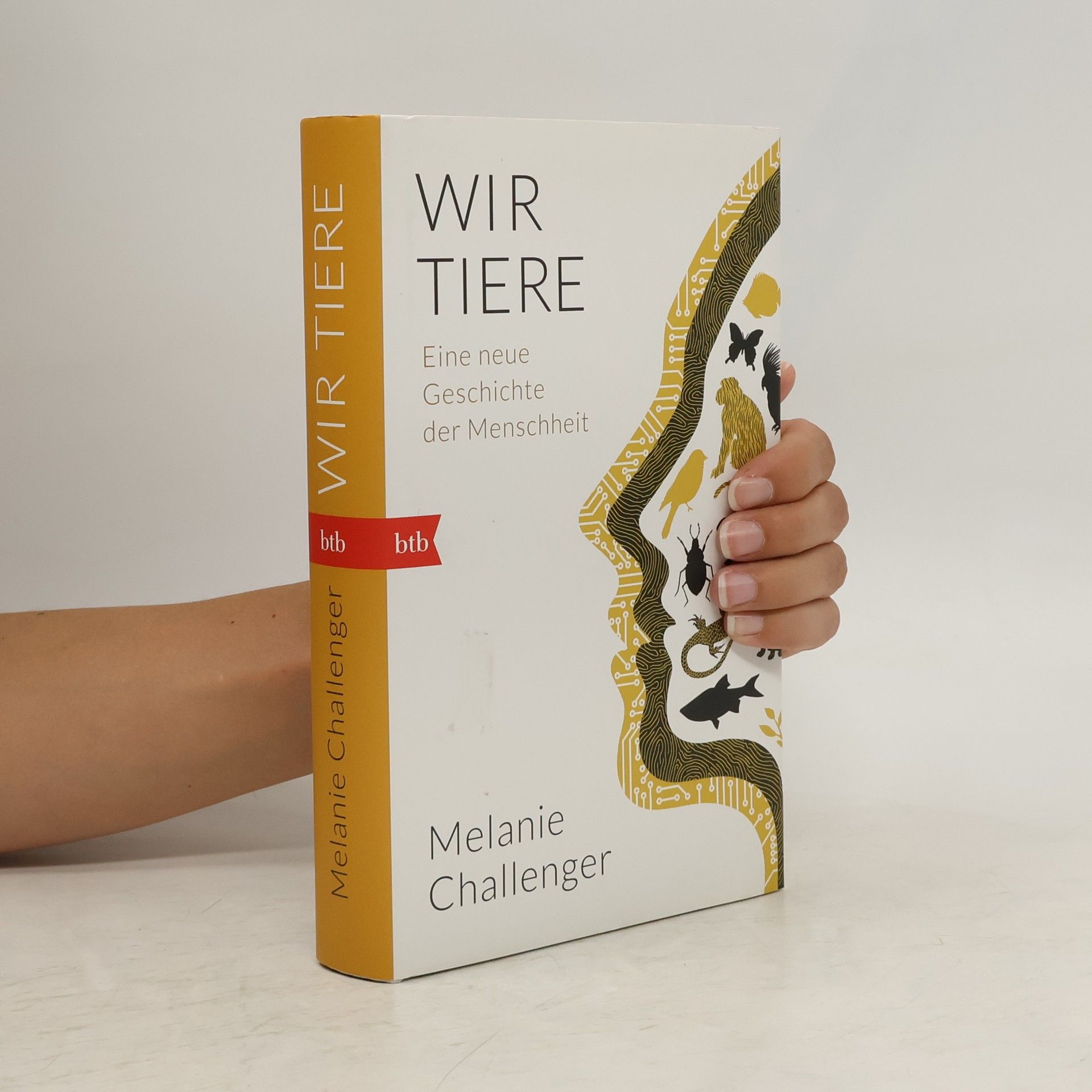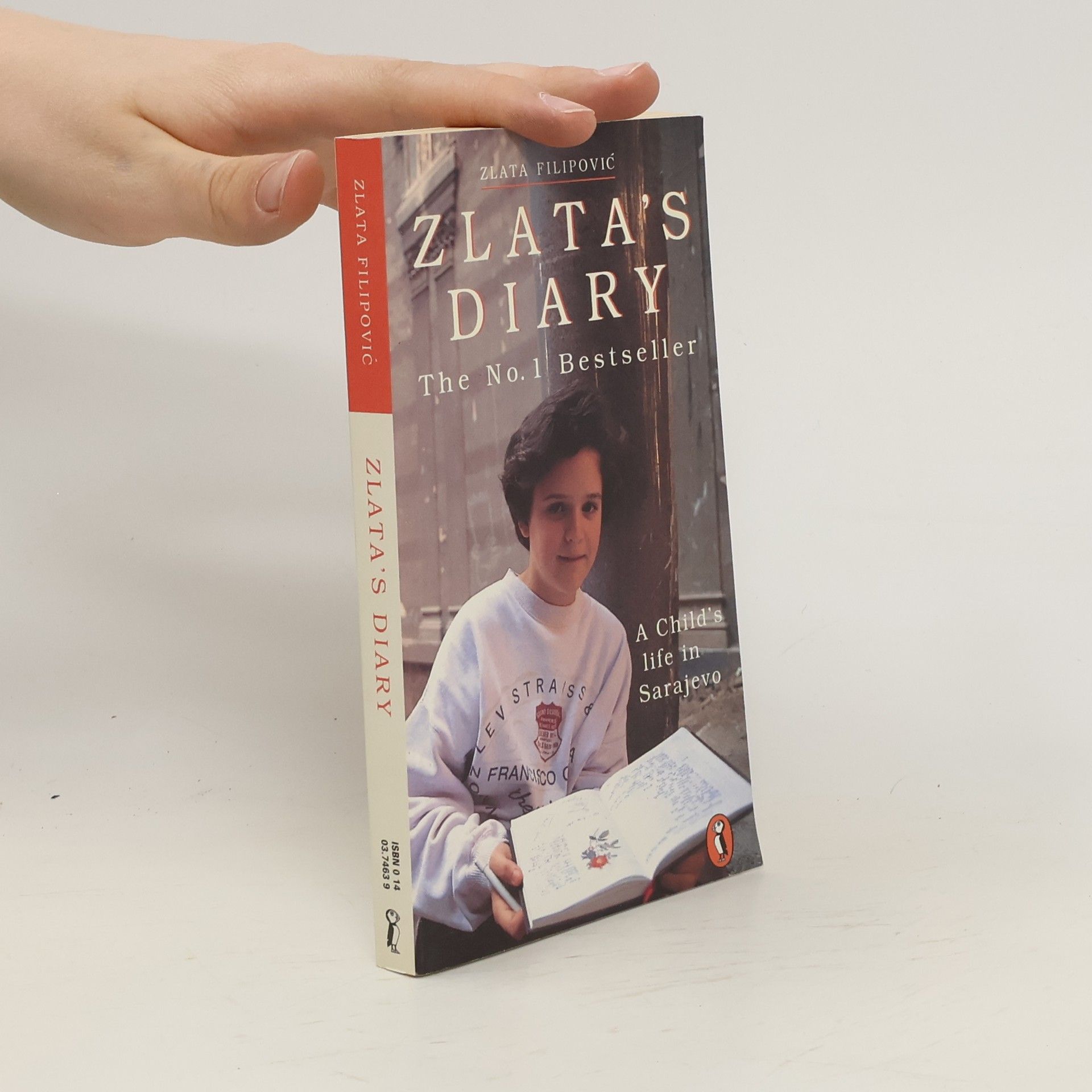On Extinction
How We Became Estranged from Nature - With a New Preface by the Author
- 384pages
- 14 heures de lecture
This "hybrid of travelogue and natural science" by an award-winning author is "truly poetic"—now revised with a new introduction and featuring the voices of young activists advocating for a new relationship with our planet (The New York Times Book Review). In the Anthropocene, our species has become the primary cause of extinction and significant planetary changes. In her twenties, Melanie Challenger embarked on journeys to explore her estrangement from nature and the resulting transformations. Her travels included an abandoned mine in England, an Antarctic sea voyage, South Georgia's old whaling stations, South America, and an Inuit community in Canada, revealing connections between human activity and the living world. These experiences evolved into a meditation on extinction, examining how losses affect us and their significance. The work blends travelogue with environmental history, incorporating insights from anthropologists, biologists, and philosophers. Challenger draws on their wisdom, firsthand experiences, and ancestral memory to trace the mindset behind our destructiveness while proposing a path of redemption rooted in emotional responses. This sobering yet illuminating exploration looks beyond natural devastation to consider what lies ahead.





